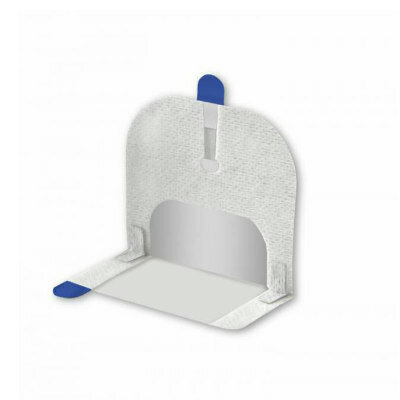Necessity of Six-Month Follow-Up of Patients with Benign MRI-Guided Breast Biopsies Examined
By MedImaging International staff writers
Posted on 31 May 2012
Short-term follow-up of patients who have had a negative (benign) MRI-guided, vacuum-assisted breast biopsy may not be needed, according to new findings.Posted on 31 May 2012
The study, conducted at Yale New Haven Hospital (CT, USA), included 144 patients with 176 lesions that were followed anywhere from three months to 36 months. The study found no malignancies on follow-up MR imaging, said Jaime Geisel, MD, one of the authors of the study. Two patients had suspicious findings at follow-up and underwent a second biopsy six months after the initial biopsy; one of which yielded benign results and the second showed minimal atypical ductal hyperplasia, which was subsequently followed with MRI and was stable at six months; it remained stable at 18 months follow-up, Dr. Geisel reported. All other lesions were considered stable or no longer present on follow-up, she said.
Follow-up of these patients varies by facility, however, “at our institution it is standard practice to recommend a follow up MRI in six months after a benign concordant breast MRI biopsy,” Dr. Geisel said. “Our study found that follow up MRI at six months did not detect any missed cancers. One missed cancer was actually stable on six-month follow-up MRI but found one month later on mammography,” said Dr. Geisel.
“We have not changed our practice yet, because additional studies are needed to validate these findings, however, the study results suggest that we may be able to change our standard follow-up without compromising patient care,” she said.
The study was presented in May 2012 at the American Roentgen Ray Society annual meeting held in Vancouver (BC, Canada).
Related Links:
Yale New Haven Hospital













